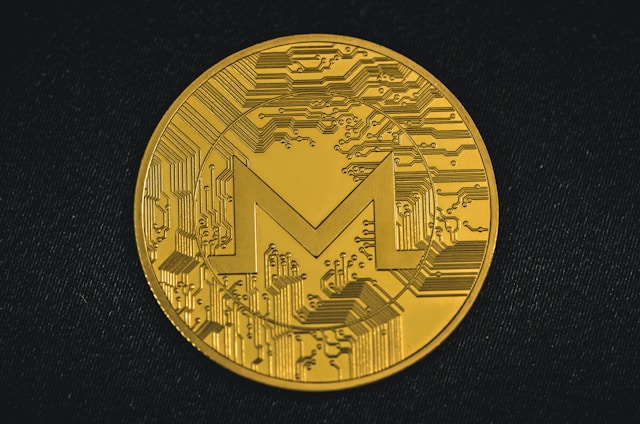5 Interesting Use Cases for Monero (XMR) Privacy Coins

Privacy has always been a top priority for the majority of the cryptocurrency user population. It can even be one of the main reasons why users opt to invest in crypto in the first place. Unlike with conventional financial transactions that require a bank or other such institution to act as a middleman, crypto allows users more freedom to transact directly with other users. As a crypto user, you won’t have to turn over your personal details to a middleman and can thus carry out your transactions in pseudonymity.
Note that pseudonymity is the term used here because crypto transactions aren’t completely anonymous. While it’s true that you don’t need to give out your personal information, you do have a set of public and private keys to use for transactions that are recorded on a blockchain. Over time, it may be possible for someone to analyze your transaction patterns and trace them back to you. This could then make your crypto wallet vulnerable to hacking or other cyberattacks.
This is where Monero (XMR) comes in. Monero is a leading privacy coin, a type of crypto coin that contains features to make your transactions more secure and anonymous. Monero’s flagship ring signature system for keys make it a top choice for crypto users who want further privacy over their transactions. Let’s go over some evolving use cases for Monero coins while also discussing the privacy coin’s unique features:
1) Shielding Your Financial Transactions
The ability to make private transactions is the main draw of Monero coins. When you make a transaction using your XMR wallet, your identity as the sender is sufficiently shielded from bad actors who may be looking out for the patterns that typically expose a vulnerable crypto user. Monero does this by using its multiple security features, such as ring signatures and stealth addresses.
The ring signature method entails your signature getting mixed up with that of other possible signers, making it extremely difficult for a potential hacker to determine which one exactly is yours. Meanwhile, stealth addresses make use of one-time addresses specifically generated for each transaction. Figuring out your specific address and any patterns for your transactions will be near impossible.
2) Hiding Recipient Identity
Crypto transactions go both ways. As such, simply protecting the privacy of one end and letting the other end be exposed doesn’t truly guarantee security. Should a cyber criminal figure out a pattern concerning which recipients you consistently transact with, your exchange may not be as safe as you like. Monero, however, has the means to hide a receiver’s details in the transaction through the use of the abovementioned stealth addresses, which makes your transactions untraceable and more secure.
This feature can be especially useful in instances where you want your transactions with a particular recipient to be free from public scrutiny. You can financially support a project anonymously, for example, with your Monero funds if the project accepts XMR donations.
3) Censorship Resistance
In the parlance of cryptocurrency, censorship resistance means that any user is free to transact and cannot be prevented from doing so, granted that the exchange is within the criteria of what constitutes a transaction in that network.
This also refers to the immutable nature of crypto transactions, meaning that once a transaction is recorded in the blockchain, it cannot be modified or tampered with. The resulting transparency gives crypto users assurance against fraudulent transactions.
Monero is the perfect crypto coin to use if you want utmost censorship resistance. Its security and anonymity features make it difficult for outside entities to censor or interfere with any Monero transaction.
4) Thwarting Crypto Scams
Scams such as phishing and identity theft are common threats in the world of cryptocurrency. If your private key—which allows you to authorize and make transactions through your crypto wallet—is compromised, then you may end up losing all your hard-earned crypto funds. Thankfully, Monero’s topnotch anonymity safeguard makes it the ideal coin to use if you wish to thwart any attempts of crypto scams and avoid falling victim to them.
5) Protecting Your IP Address
An IP address is a unique string of characters attached to the network that one is using. If your IP address were to fall into the wrong hands, your privacy can be invaded, and you may also be vulnerable to network attacks and hacking. As such, it’s also crucial that both your crypto keys and your IP address are protected during every transaction.
One project that’s been proposed for integration with Monero is Kovri, which will run crypto users’ transactions through multiple virtual nodes. This will then obscure any trace of an IP address, protecting users from being identified. Whether or not Kovri will be part of Monero in the future, it still shows the strong dedication of the community to add further safeguards for Monero users.
Thanks to its robust security features, Monero remains the best crypto coin for privacy-conscious crypto users. With the peace of mind and security that Monero offers, plus its emerging applications, in the near future it won’t be hard to utilize this privacy coin for your specific goals and needs—from keeping your personal transactions safe and private to extending your financial freedom to other aspects of your life.
